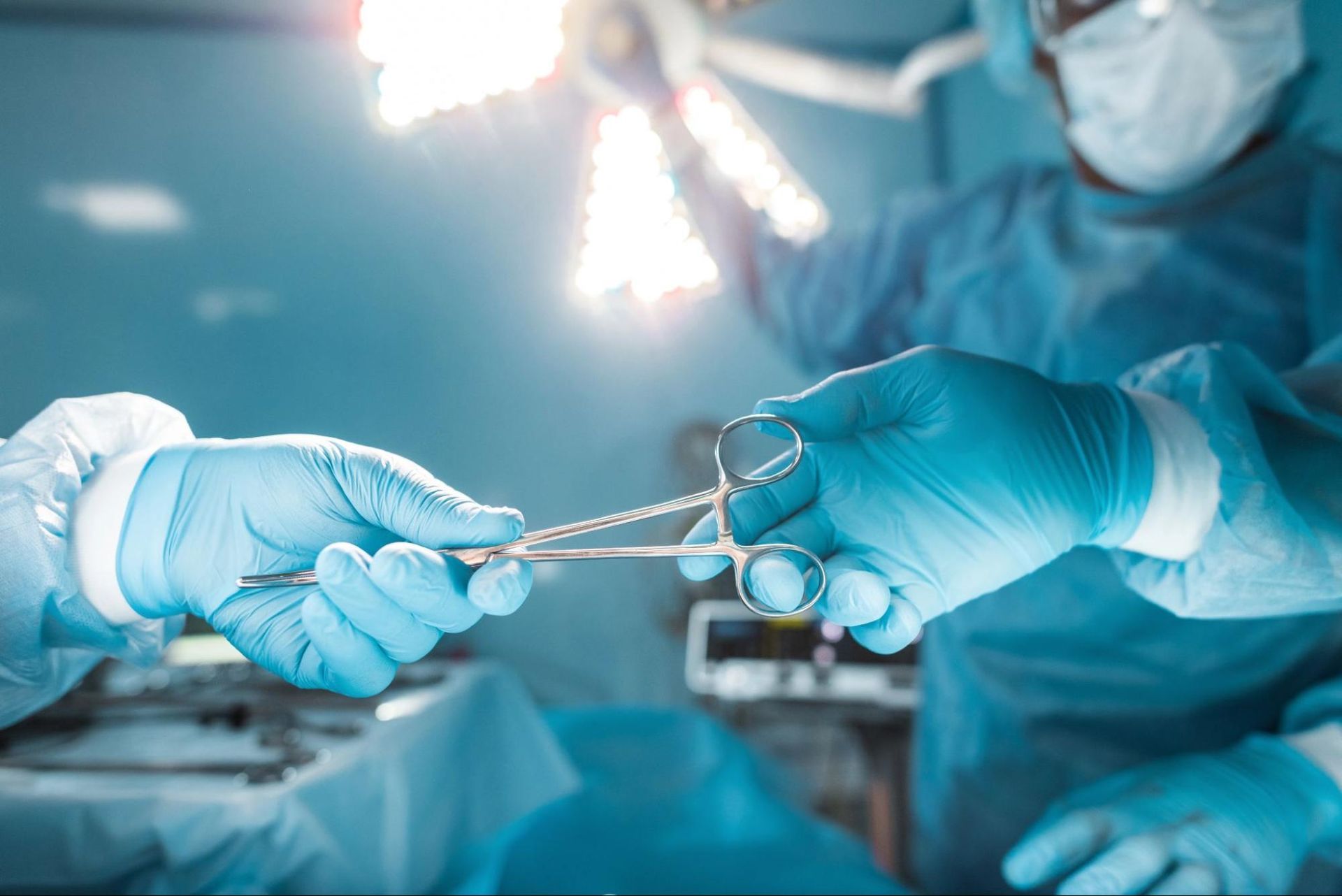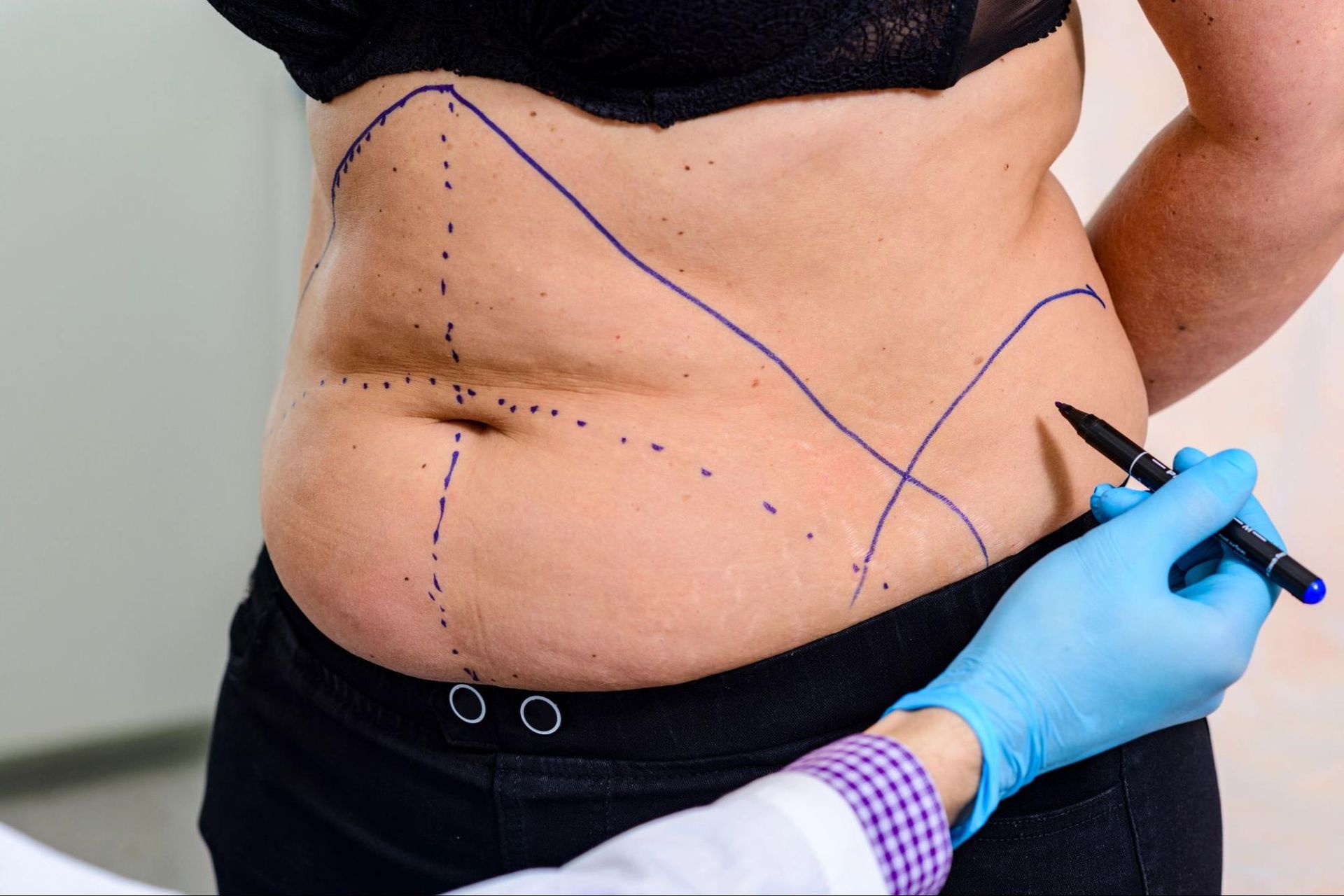The Benefits of the Preoperative Diet: Preparing for Bariatric Surgery
A very low energy diet (VLED) is a crucial step in preparing patients for bariatric surgery, optimizing their health and surgical outcomes. This specially designed diet, followed 2-4 weeks before surgery, plays a key role in ensuring the procedure is safer and more effective.
What is a Very Low Energy Diet (VLED)?
A VLED is a low-calorie, low-carbohydrate diet prescribed to bariatric patients preoperatively. It is specifically formulated to provide all essential nutrients while significantly reducing calorie intake. The diet typically includes products such as shakes, bars, and soups that help sustain your nutritional needs while limiting daily caloric intake to around 800 calories.
For patients preparing for bariatric surgery, products like Optifast® are commonly recommended, though other brands are available.
What to Expect on a VLED
Following a VLED is not without challenges. It requires discipline and a strong commitment. Here's a glimpse of what your daily diet might look like:
- Three shakes per day
- Two cups of low-starch vegetables (e.g., broccoli, zucchini, or leafy greens) with 1 teaspoon of oil
- At least 2 liters of water
While on this diet, you might experience temporary side effects such as headaches, fatigue, nausea, difficulty concentrating, and hunger. These symptoms typically subside as your body adjusts. It's crucial to stay hydrated and work closely with your healthcare team, especially your dietitian, for support and guidance.
The Key Benefits of a VLED
The benefits of a very low energy diet go far beyond preoperative weight loss. Let’s break them down:
1. Reduces Liver and Visceral Fat Volume
Patients with obesity often have an enlarged, fatty liver, which can make bariatric surgery more difficult. A VLED helps “shrink the liver” by significantly reducing caloric intake, allowing surgeons easier access to the stomach during minimally invasive procedures.
Similarly, a reduction in visceral fat—the fat around internal organs—enhances surgical precision and decreases the risk of complications. This is particularly beneficial for patients undergoing gastric bypass surgery.
Studies like the one by Colles et al. (2006) confirm that a smaller liver reduces operative difficulty and surgical time, improving overall patient outcomes.
2. Supports Weight Loss Before Surgery
A VLED leads to short-term weight loss, which reduces the strain on vital organs such as the heart and lungs. This is especially beneficial for patients with comorbidities like:
- Sleep apnoea
- Hypertension
- Type 2 diabetes
Preoperative weight loss can improve respiratory and cardiovascular function, lowering the risk of postoperative complications.
3. Improves Surgical Outcomes
By shrinking the liver, reducing visceral fat, and improving overall health, a VLED decreases the surgeon-perceived difficulty of the procedure. This often results in:
- Shorter surgery times
- Reduced intraoperative complications
- Better recovery outcomes
Research such as the 2024 study by Khemtong et al. also highlights the potential for a VLED to reduce postoperative morbidity, further emphasizing its importance.
4. Sets You Closer to Your Goal
Starting your weight loss journey before surgery means you’re already closer to achieving your health and weight goals. Patients who begin their journey with preoperative weight loss are more likely to maintain motivation and achieve long-term success after surgery.
References
- Colles SL, Dixon JB, Marks P, et al. (2006). Preoperative weight loss with a very-low-energy diet: quantitation of changes in liver and abdominal fat by serial imaging. Am J Clin Nutr.
- Fris RJ. (2004). Preoperative low energy diet diminishes liver size. Obes Surg.
- Mechanick JI, et al. (2013). Clinical practice guidelines for the perioperative nutritional, metabolic, and nonsurgical support of the bariatric surgery patient. Obesity (Silver Spring).
- Khemtong A, et al. (2024). Effect of Preoperative Very Low-Calorie Diets on Hepatic Steatosis, Fibrosis, and Perioperative Outcomes of Bariatric Surgery. J Laparoendosc Adv Surg Tech A.
- McKechnie T, et al. (2023). Very low energy diets prior to bariatric surgery may reduce postoperative morbidity: a systematic review and meta-analysis of randomized controlled trials. Front Nutr.


















